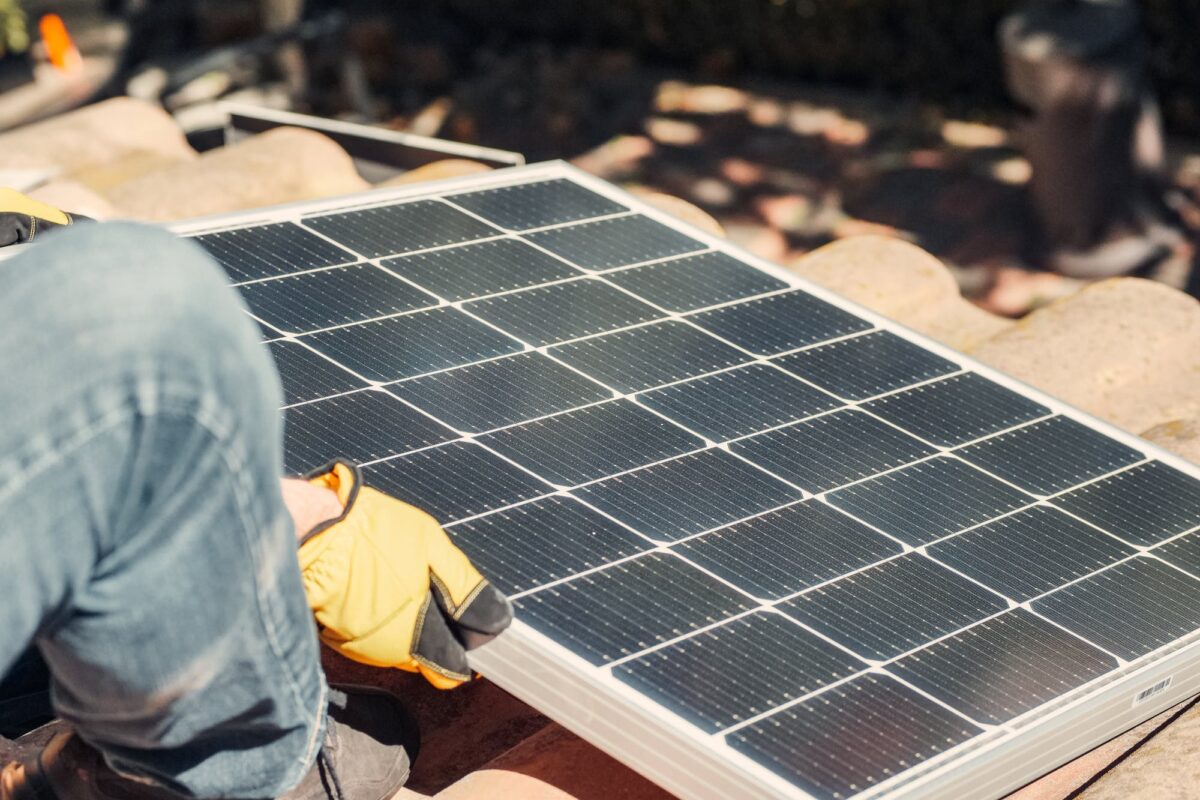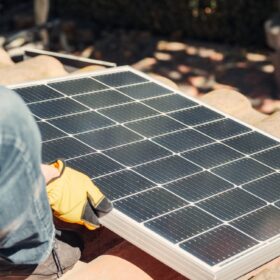California State Sen. Scott Wiener, a Democrat from San Francisco, has introduced a bill that would implement automated solar permitting in local jurisdictions with over 10,000 residents.
S.B.617, the Solar Access Act, would allow for remote inspections and approvals of residential solar and solar-plus-storage systems, greatly decreasing approval times, cutting permitting costs for local governments and homeowners, and helping California meet its greenhouse gas emission reduction goals through an easier installation process.
S.B.617 is co-sponsored by SPUR, a California nonprofit focused on logistical solutions for large cities, and Environment California. Assemblymember David Chiu is a principal co-author of the bill, and Sen. Josh Becker San Mateo and Assemblymember Robert Rivas are co-authors.
To institute the automated solar permitting, the bill would lean on the National Renewable Energy Laboratory’s SolarAPP+: a web-based portal that streamlines and automates permit reviews. The bill attested that the app can be easily implemented into existing local government permitting software.
Pleasant Hill is the first city in California to adopt SolarAPP+ and has already begun processing permits. The City of San Jose also uses online solar permitting and has seen a 600% increase in approvals since upgrading in 2016.
“To fight climate change, we need to dramatically and quickly expand solar energy and energy storage,” said Wiener. “We have seen highly successful examples of automated solar permitting on the local level. It’s time we take the next step and implement a better process in municipalities across the state.”
This content is protected by copyright and may not be reused. If you want to cooperate with us and would like to reuse some of our content, please contact: editors@pv-magazine.com.









By submitting this form you agree to pv magazine using your data for the purposes of publishing your comment.
Your personal data will only be disclosed or otherwise transmitted to third parties for the purposes of spam filtering or if this is necessary for technical maintenance of the website. Any other transfer to third parties will not take place unless this is justified on the basis of applicable data protection regulations or if pv magazine is legally obliged to do so.
You may revoke this consent at any time with effect for the future, in which case your personal data will be deleted immediately. Otherwise, your data will be deleted if pv magazine has processed your request or the purpose of data storage is fulfilled.
Further information on data privacy can be found in our Data Protection Policy.